Filter by
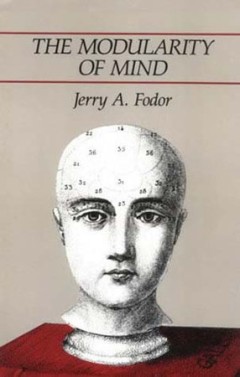
The modularity of mind :an essay on faculty psychology
"A Bradford book."This study synthesizes current information from the various fields of cognitive science in support of a new and exciting theory of mind. Most psychologists study horizontal processes like memory and information flow; Fodor postulates a vertical and modular psychological organization underlying biologically coherent behaviors. This view of mental architecture is consistent with…
- Edition
- -
- ISBN/ISSN
- 9780262315920
- Collation
- 1 online resource (145 pages)
- Series Title
- -
- Call Number
- -
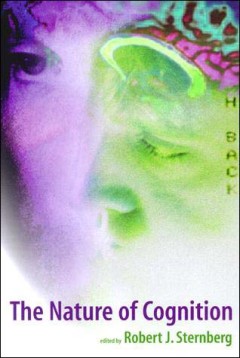
The nature of cognition
"A Bradford book."OCLC-licensed vendor bibliographic record.
- Edition
- -
- ISBN/ISSN
- 9780262284363
- Collation
- 1 online resource (x, 736 pages) :illustrations
- Series Title
- -
- Call Number
- -
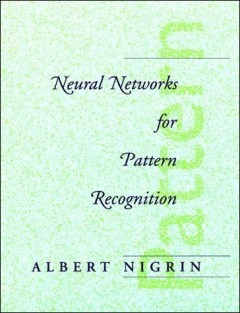
Neural networks for pattern recognition
"A Bradford book.""Neural Networks for Pattern Recognition takes to a new level the pioneering work in artificial neural networks by Stephen Grossberg and his colleagues. In a simple and accessible way it extends embedding field theory into areas of machine intelligence that have not been clearly dealt with before. Following a tutorial of existing neural networks for pattern classification, Nig…
- Edition
- -
- ISBN/ISSN
- 0262290936
- Collation
- 1 online resource (xvii, 413 pages) :illustrations
- Series Title
- -
- Call Number
- -
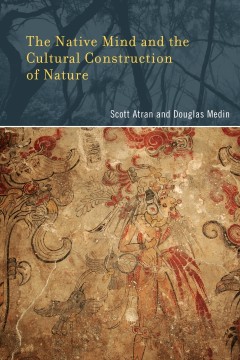
The native mind and the cultural construction of nature / The Native Mind and…
Surveys show that our growing concern over protecting the environment is accompanied by a diminishing sense of human contact with nature. Many people have little commonsense knowledge about nature - are unable, for example, to identify local plants and trees or describe how these plants and animals interact. Researchers report dwindling knowledge of nature even in smaller, nonindustrialized soc…
- Edition
- -
- ISBN/ISSN
- -
- Collation
- 1 online resource (viii, 333 pages) :
- Series Title
- -
- Call Number
- -
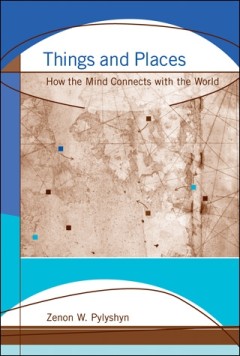
Things and places :
Problems in linking representation and perceived things in the world are discussed in light of the role played by a preconceptual indexing mechanism that functions to identify, reidentify, and track objects.
- Edition
- -
- ISBN/ISSN
- -
- Collation
- 1 online resource (xiv, 255 pages) : illustrations.
- Series Title
- -
- Call Number
- -
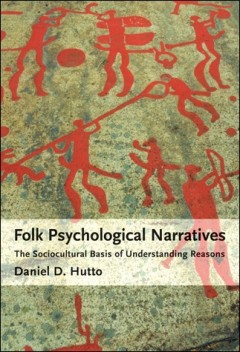
Folk psychological narratives The Sociocultural Basis of Understanding Reasons
An argument that challenges the dominant "theory theory" and simulation theory approaches to folk psychology by claiming that our everyday understanding of intentional actions done for reasons is acquired by exposure to and engaging in specific kinds of n.
- Edition
- -
- ISBN/ISSN
- -
- Collation
- 1 online resource (xvii, 402 pages)
- Series Title
- -
- Call Number
- -
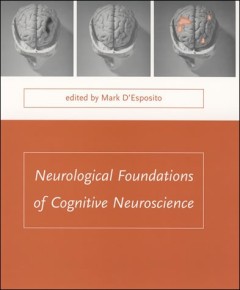
Neurological foundations of cognitive neuroscience
"A Bradford book."A review of a broad range of neurobehavioral syndromes from both neurological and cognitive neuroscientific perspectives.Despite dramatic advances in neuroimaging techniques, patient-based analyses of brain disorders continue to offer important insights into the functioning of the normal brain. Bridging the gap between the work of neurologists studying clinical disorders and n…
- Edition
- -
- ISBN/ISSN
- 9780262271103
- Collation
- 1 online resource (290 pages) :illustrations.
- Series Title
- -
- Call Number
- -
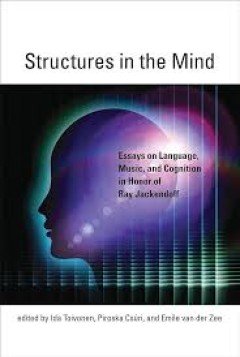
Structures in the Mind: Essays on Language, Music, and Cognition in Honor of …
The introduction includes appreciations of Ray Jackendoff by various authors.OCLC-licensed vendor bibliographic record.
- Edition
- -
- ISBN/ISSN
- 9780262331791
- Collation
- 1 online resource (xxxiv, 404 pages) :illustrations
- Series Title
- -
- Call Number
- -
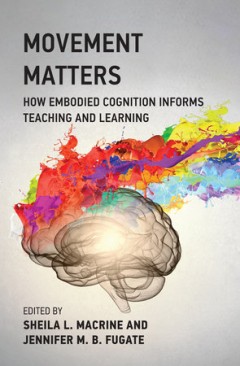
Movement Matters: How Embodied Cognition Informs Teaching and Learning
"Presents the latest research on embodied cognition's applications for educational practices, and offers perspectives on how the relationships among mind, brain, body, and environments impact learning"--
- Edition
- -
- ISBN/ISSN
- 9780262368995
- Collation
- -
- Series Title
- -
- Call Number
- -
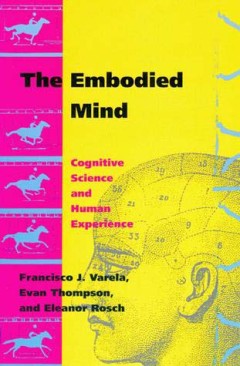
The Embodied Mind : Cognitive Science and Human Experience
A new edition of a classic work that originated the "embodied cognition" movement and was one of the first to link science and Buddhist practices.OCLC-licensed vendor bibliographic record.
- Edition
- 2nd ed.
- ISBN/ISSN
- 9780262285476
- Collation
- 1 online resource (390 pages)
- Series Title
- -
- Call Number
- -
 Computer Science, Information & General Works
Computer Science, Information & General Works  Philosophy & Psychology
Philosophy & Psychology  Religion
Religion  Social Sciences
Social Sciences  Language
Language  Pure Science
Pure Science  Applied Sciences
Applied Sciences  Art & Recreation
Art & Recreation  Literature
Literature  History & Geography
History & Geography